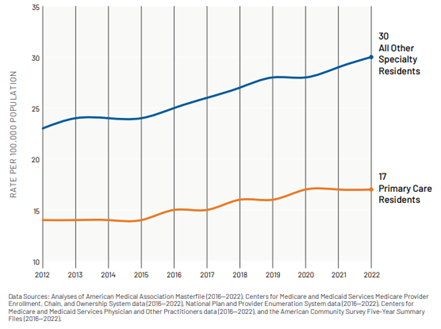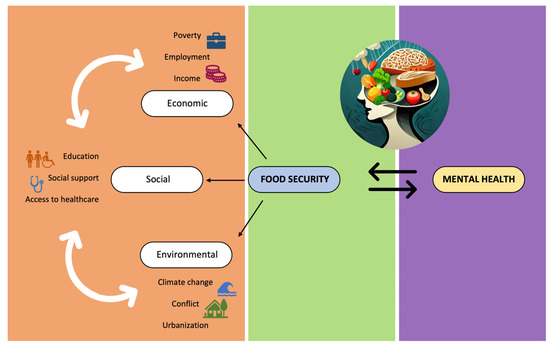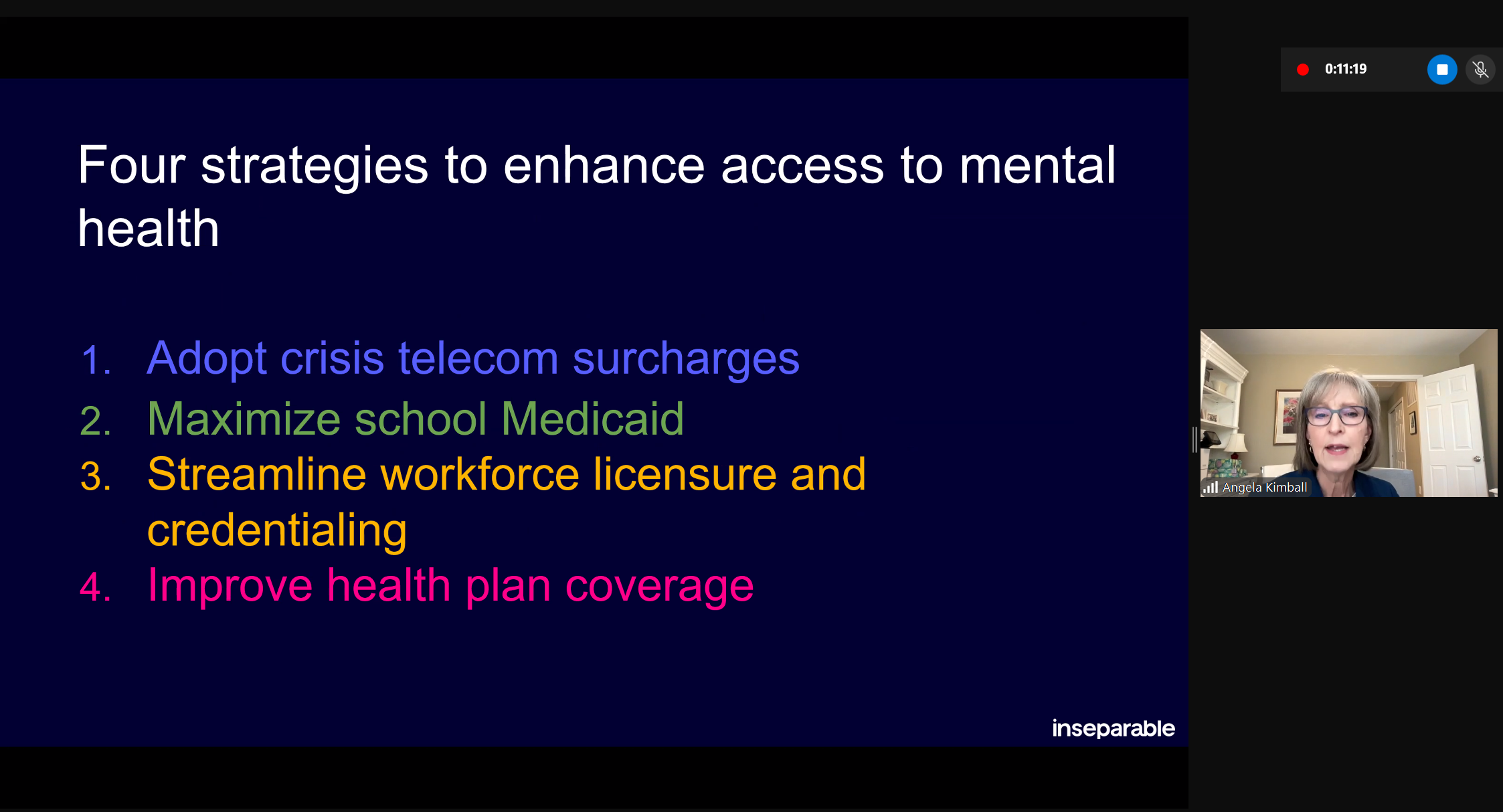In August 2023, state participants from Illinois, Nevada, North Carolina and Pennsylvania attended the wrap-up meeting for the National Governors Association’s (NGA) Learning Collaborative on Strategies to Support the Development of State-Level Deflection and Pre-Arrest Diversion (DPAD) Initiatives. This learning collaborative was a six-month-long opportunity designed to support Governors’ offices and other senior state officials in the development and implementation of sustainable state-level DPAD initiatives.
DPAD is a practice used by law enforcement or other first responders to direct individuals with substance use disorder (SUD) away from the criminal justice system and instead connect them with treatment programs or other forms of community support. The Public Safety and Legal Counsel team within the NGA Center for Best Practices conducted this initiative with support from the Centers for Disease Control and Prevention (CDC) and in collaboration with the Police, Treatment, and Community Collaborative (PTACC).
The Learning Collaborative was the culmination of a year of learning calls and an experts’ roundtable that NGA hosted with national experts, Governors’ office staff members and senior officials, researchers and local organizations to better understand the current landscape and challenges from state leaders for implementing DPAD initiatives at the state level. During the Learning Collaborative, NGA supported multi-disciplinary state teams and assisted in the creation of state action plans to promote actionable policy changes within the six-month project timeline. NGA then met monthly with state teams to discuss their progress towards these action plan objectives.
During the wrap up meeting, participating states discussed their progress towards the goals defined in their action plan, reflected on their successes and challenges, and shared next steps for future progress towards building a state-level DPAD initiative. State outcomes included inventorying DPAD programs, hosting convenings for deflection stakeholders and developing a unified vision for a state-wide DPAD program. These efforts resulted in a series of important takeaways, including:
- The Importance of Breaking Down Silos, particularly in data, funding, and between state and local governments. By allowing for open communication and collaboration, resources can be efficiently dispersed in the way that is most supportive of local communities.
- The Significance of the Power of Convening. Governor’s Offices have the ability to bring people to the table that might not otherwise meet. This act of convening can be especially impactful for connecting local community leaders with a supportive state-wide network.
- The Importance of Engaging Community Support for State Level Initiatives. Although involvement from state-level leadership can be effective for getting policies or programs off the ground, additional support is needed from local communities to keep the momentum.
For more information about the DPAD Learning Collaborative or the work of the Public Safety and Legal Counsel policy team, please contact Ken Hardy (Khardy@nga.org) or Maria Kearl (MKearl@nga.org).
The National Governors Association Center for Best Practices (NGA Center) would like to acknowledge the Centers for Disease Control and Prevention (CDC) for its generous support in developing this issue brief under Cooperative Agreement Number 5 NU38OT000301-04.












